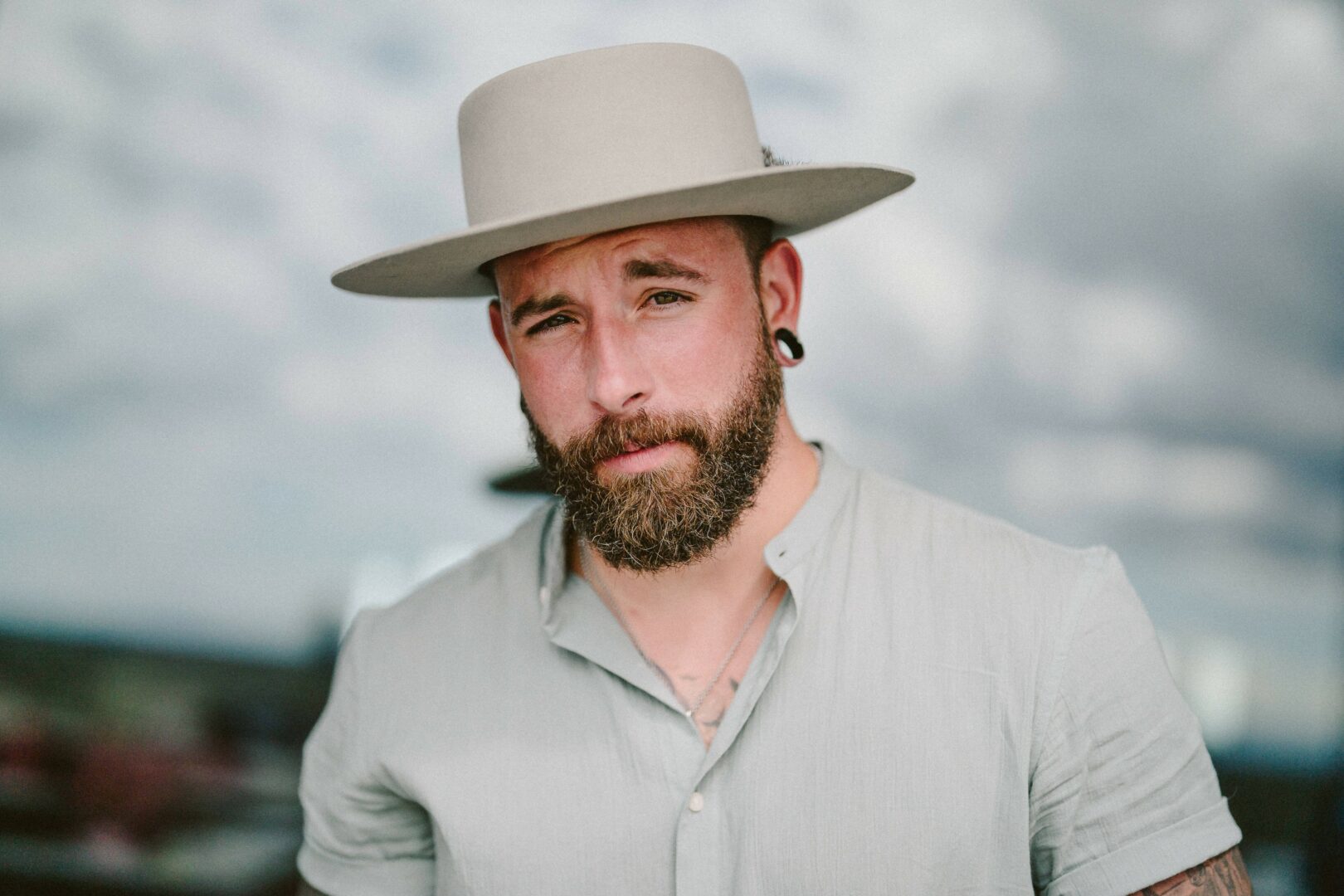We were lucky to catch up with Shayma Abu-Esba recently and have shared our conversation below.
Shayma, we’re so excited for our community to get to know you and learn from your journey and the wisdom you’ve acquired over time. Let’s kick things off with a discussion on self-confidence and self-esteem. How did you develop yours?
I’ve developed my confidence and self-esteem by focusing on my own growth and effort. The more I invest in myself and my work, the less I find myself comparing my journey to others. When I’m fully engaged in my craft and striving toward my next goal, I feel fulfilled. That sense of progress fuels my confidence because I know I’m constantly evolving and moving forward.
Of course, there are moments when I catch myself wondering why I’m not in the same place as some of my peers. But I remind myself that my path is my own. I know I’m capable, so I focus on staying the course. Confidence isn’t something that just appears—it’s built over time through consistency and proving to yourself that you can do hard things.
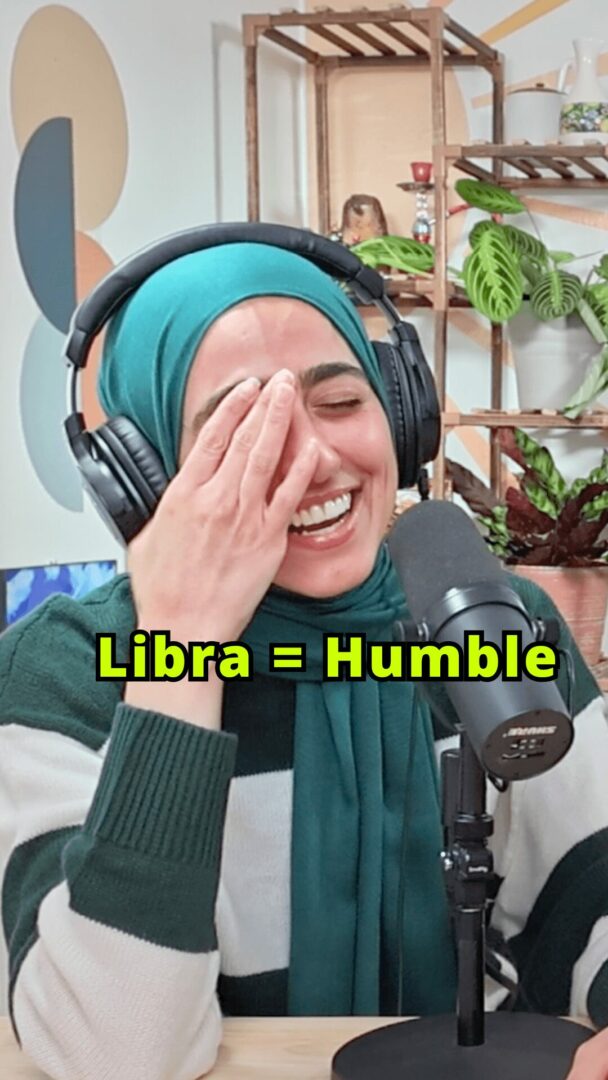
Thanks for sharing that. So, before we get any further into our conversation, can you tell our readers a bit about yourself and what you’re working on?
I’m somewhat your typical Los Angeles creative type—I’m a SAG actor, model, improv performer, and the host of the Share With Shayma podcast, among other things. What excites me most about working in these different spaces are the interactions I have on set, especially with people who have never met or worked with a visibly Muslim woman—specifically, a woman who wears a headscarf. I hope to bridge that gap and, ultimately, create a platform for other Muslim women, who are often spoken for rather than given the space to speak for themselves.
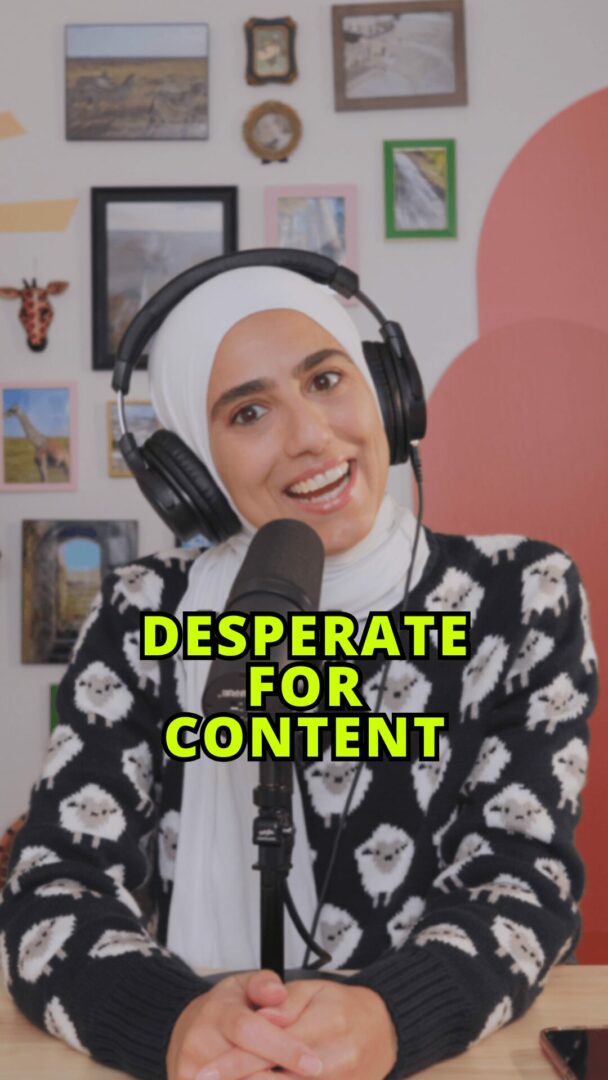
If you had to pick three qualities that are most important to develop, which three would you say matter most?
Three skills that impacted my journey to becoming an Actor
1) Being Self-Aware.
This is where acting class becomes invaluable. The more training I did—diving into different characters and scene work—the more I learned about my body language, emotional perspective, and personal fears. The more I tuned into myself, the better I understood my own perspective in any given scenario. That self-awareness became essential when breaking down lines in a scene.
When you’re handed sides for a role, you’re often not given full context—what happened before, what will occur after, or the character’s feelings and intentions. To get into character, I focus on breaking down the conversation to uncover the emotion behind it. I ask myself: What does the character want? What is being conveyed? Am I giving or receiving in this moment? What is my relationship with the other character? Is there a hierarchy at play?
To deliver an authentic and believable performance, I focus on reacting as I naturally would in the given scenario—not on what I assume casting, or the writer wants. It’s simple, but not easy.
2) Learning How to Take Feedback.
Early in my career, I had a habit of justifying my choices rather than embracing adjustments. When given feedback in an audition or rehearsal, I found myself defending my decisions, which sometimes came across as defensive or resistant to collaboration.
At first, receiving feedback felt like criticism, but in reality, it’s often the opposite. Feedback means they see potential in you—they want to work with you, guide you, and see how you handle direction. In this industry, changes can happen at any moment, so adaptability is key. Instead of resisting feedback, I learned to see it as a win. If people are giving you notes, it means they’re invested—they want to see more from you.
3) Learning to Let Go.
Starting out in this business can be emotionally tough. You get an audition, fall in love with the character or project, and become fully invested. You rehearse your heart out, give it your all in the audition—and the excitement builds. Then, you wait. And wait. And wait some more.
At first, you hold on to hope, tracking fitting dates, thinking maybe there’s still a chance. But time passes, and you realize the call isn’t coming. It’s disappointing, and if you let it, this cycle can drain you emotionally and impact your future auditions. Unlike a traditional corporate job, where you at least receive an automated rejection email, in acting, you only hear back if they want to see you again or if you’ve booked the role.
I hate to say it, but only time and experience help break this pattern. The more you train, the more auditions you do, and the more you focus on personal projects, the easier it becomes to give your all in an audition and then move on. You learn to focus on what you can control—and let go of what you can’t.
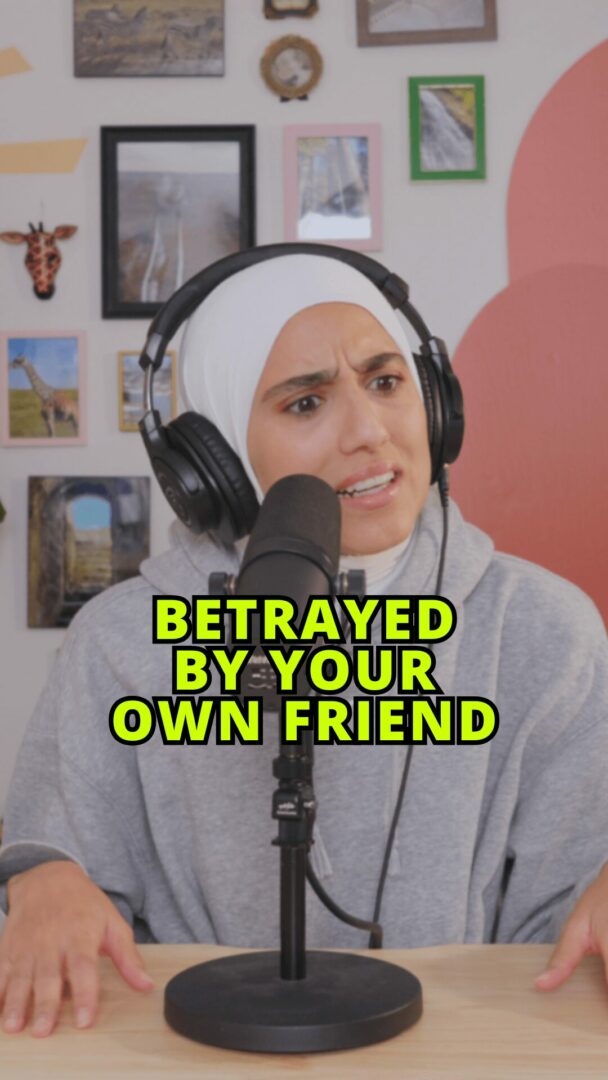
How can folks who want to work with you connect?
I’m always looking for new people to collaborate with! As a conversationalist, I love connecting with guests for my podcast. My channel isn’t limited to a specific subject—so whether you have a story to tell, a hobby to share, or a skill to teach, I’d love to hear from you!
Feel free to reach out at [email protected]—I look forward to connecting! 🙂
Contact Info:
- Instagram: https://www.instagram.com/sharewithshayma
- Linkedin: https://www.linkedin.com/in/shayma/
- Youtube: https://www.youtube.com/@ShareWithShayma

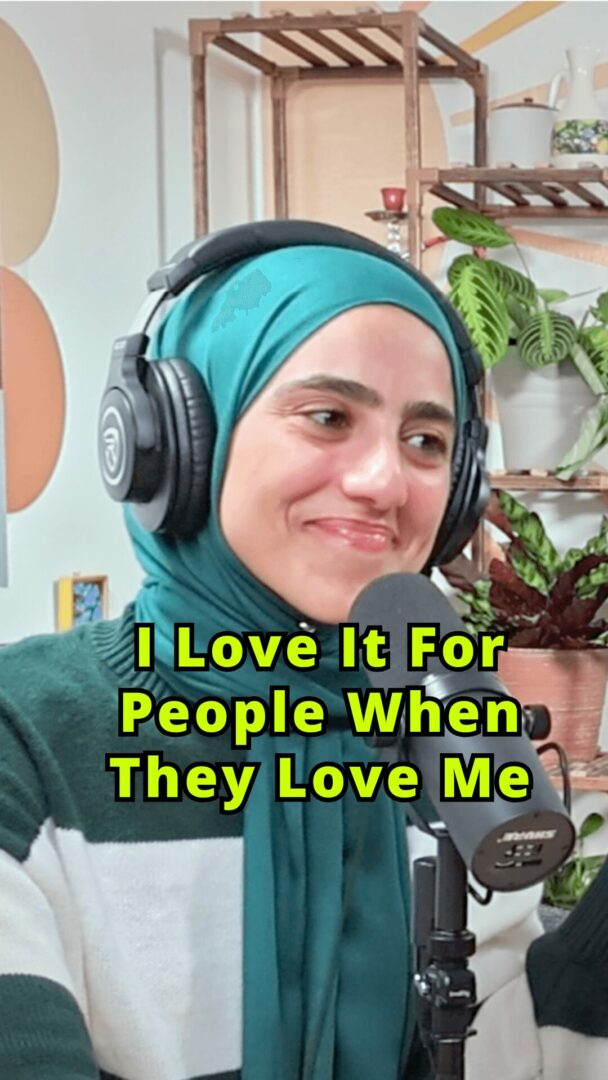


Image Credits
Shayma Abu-Esba
so if you or someone you know deserves recognition please let us know here.




